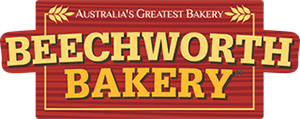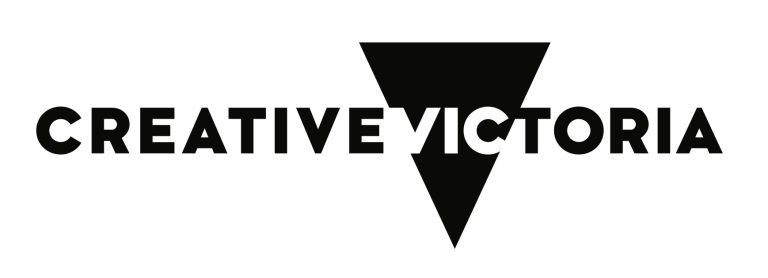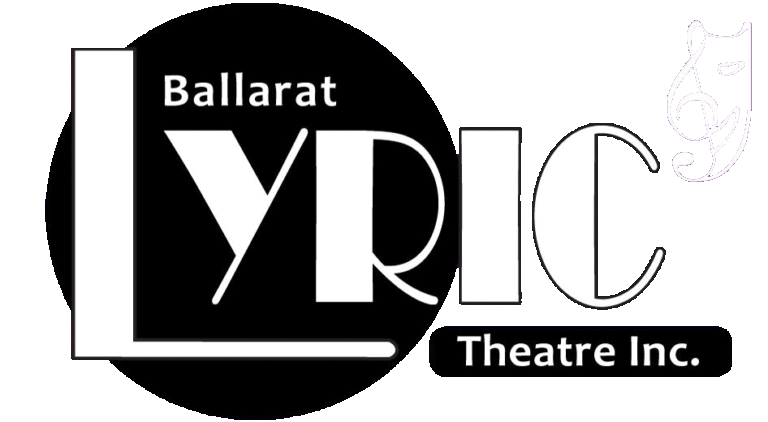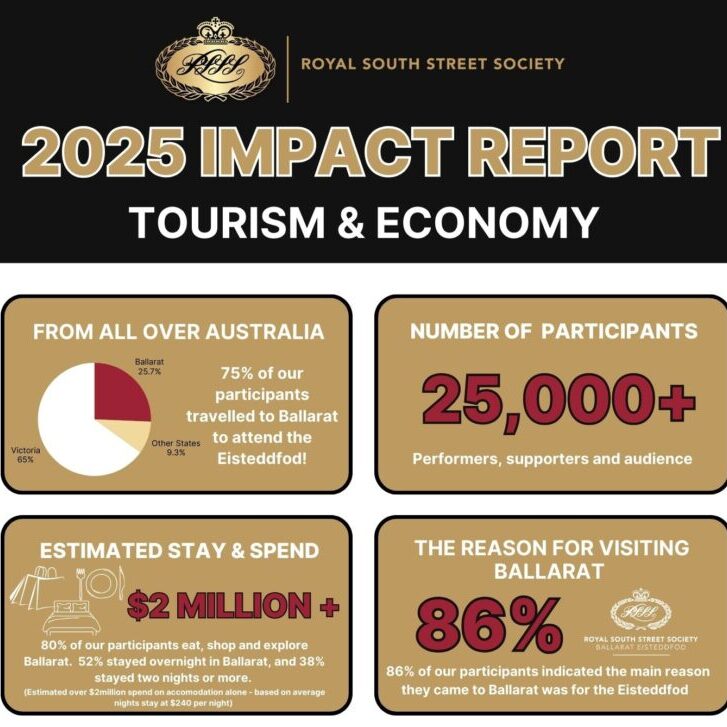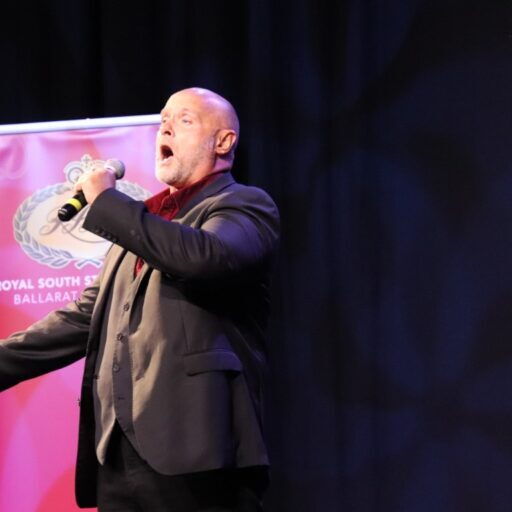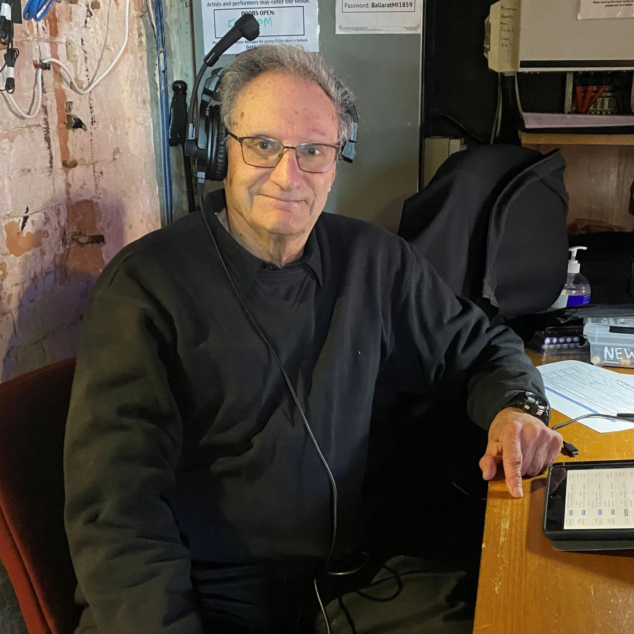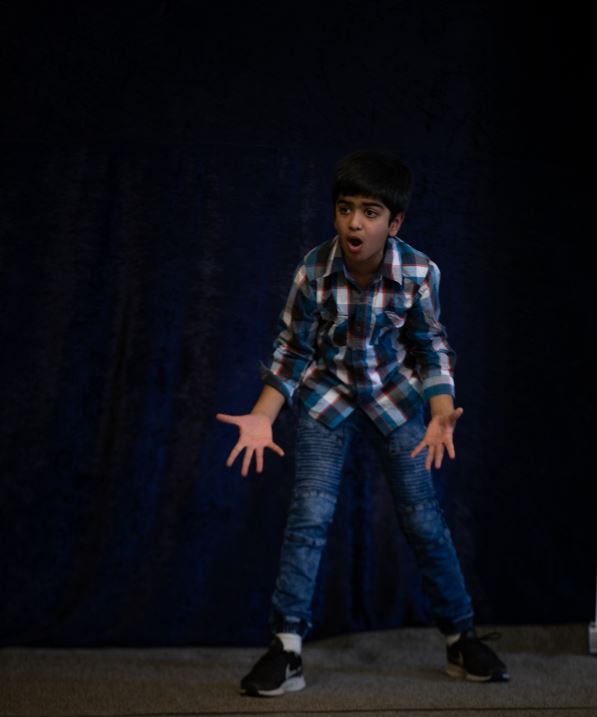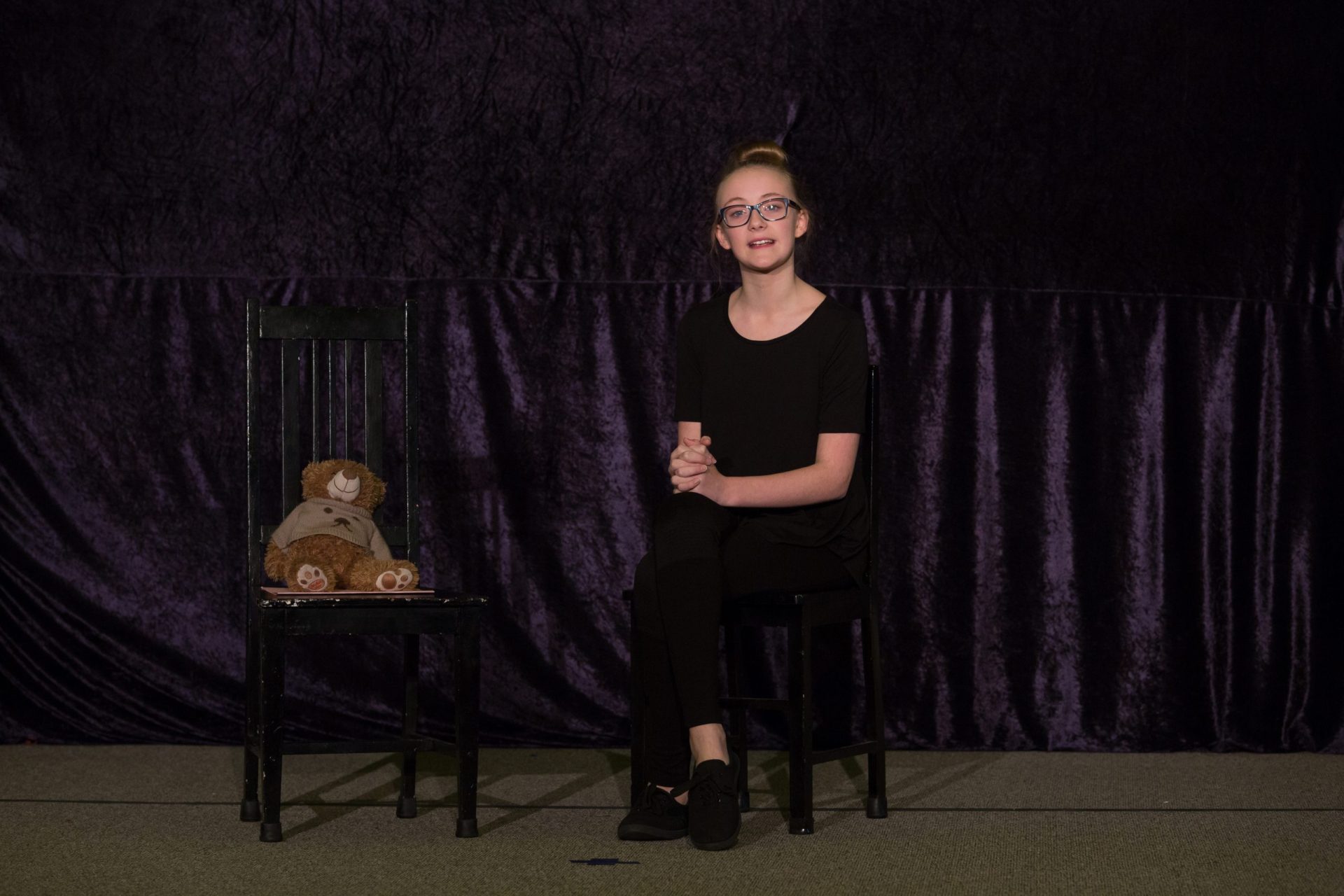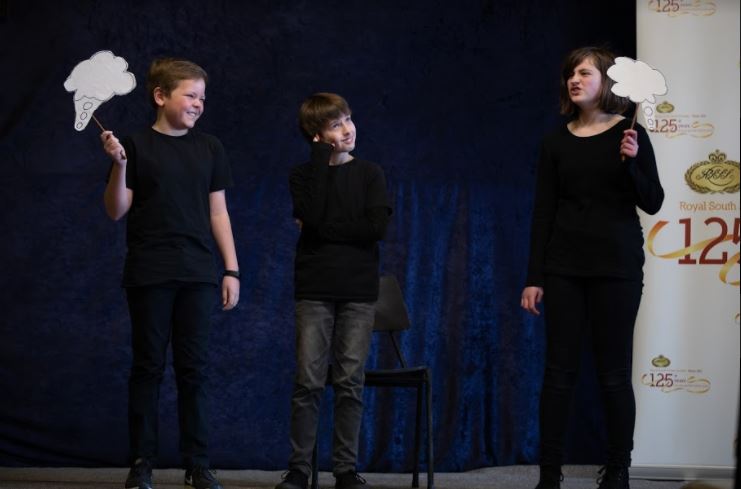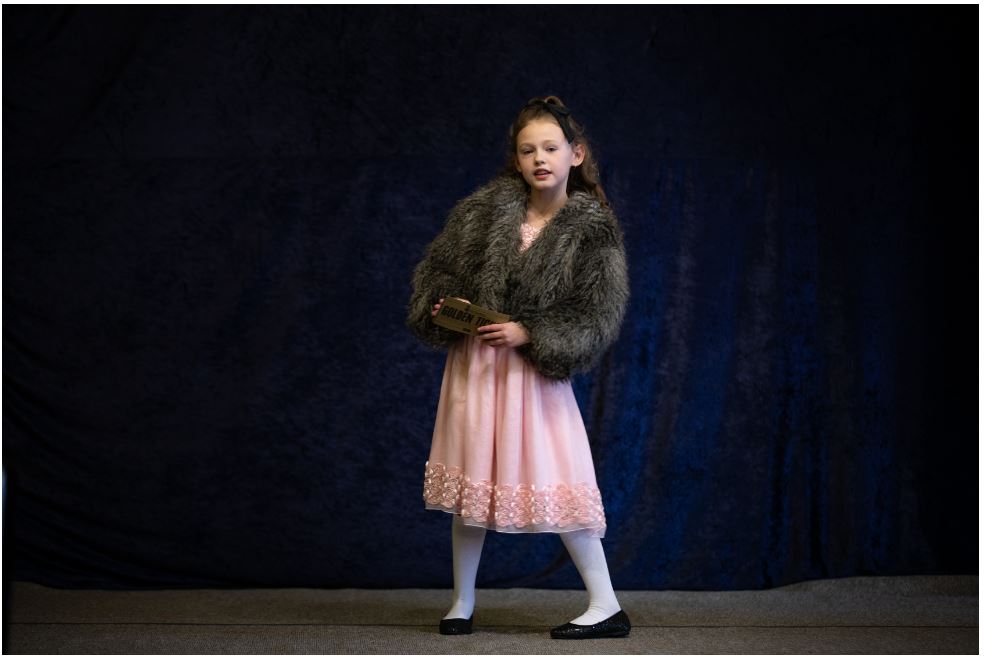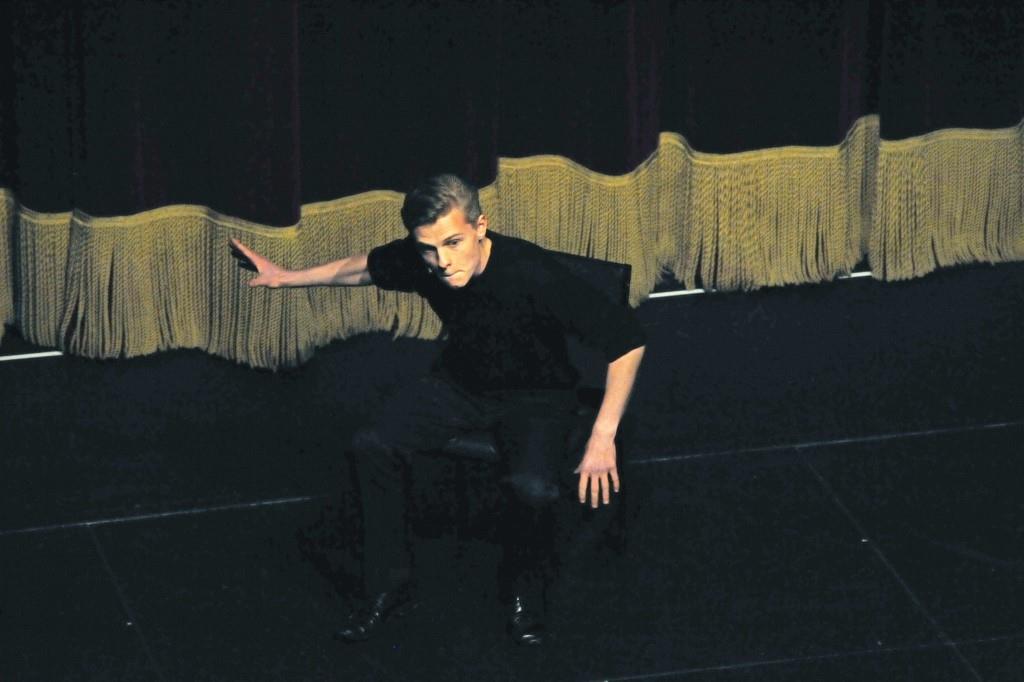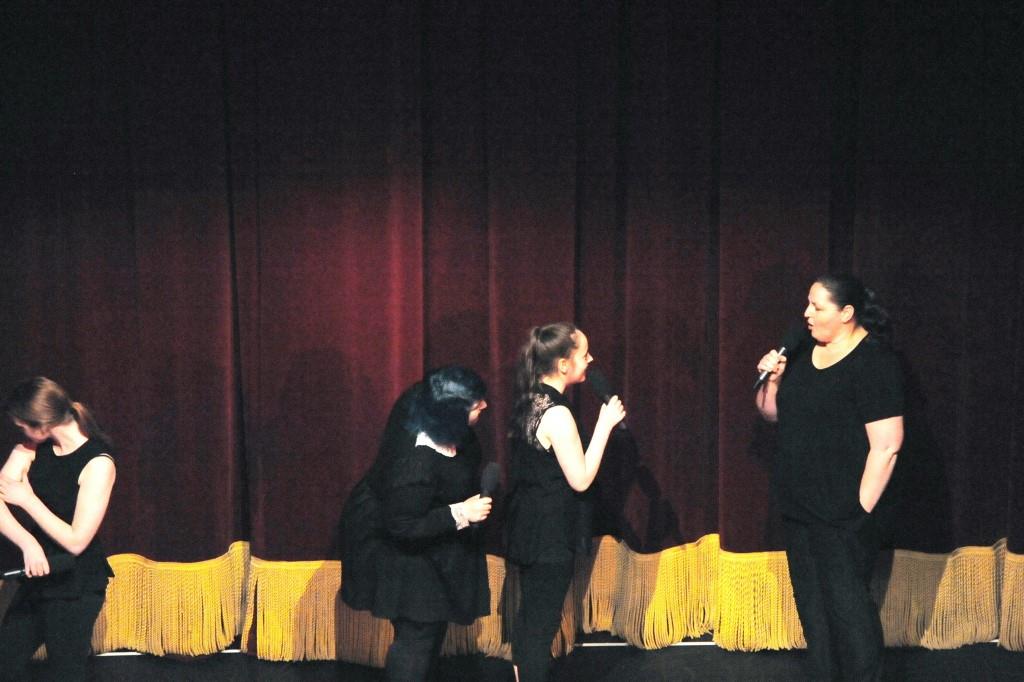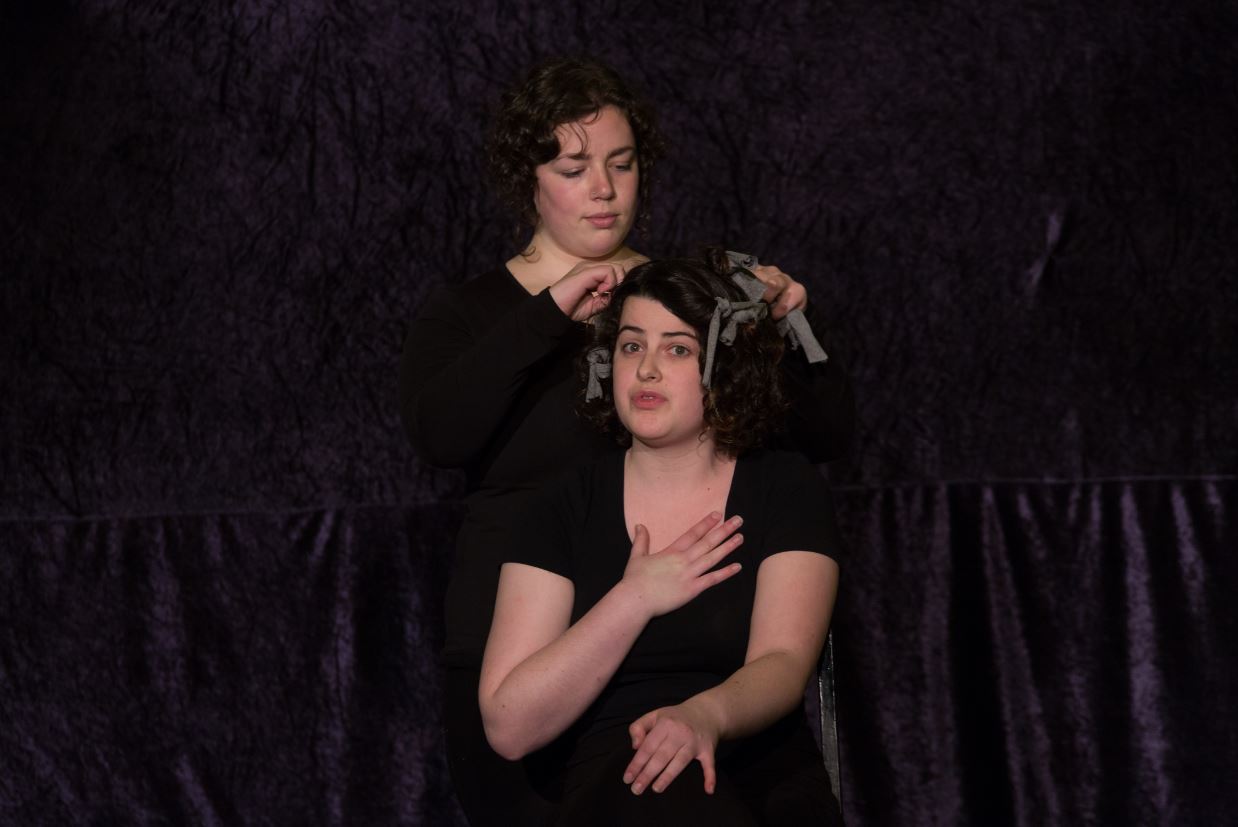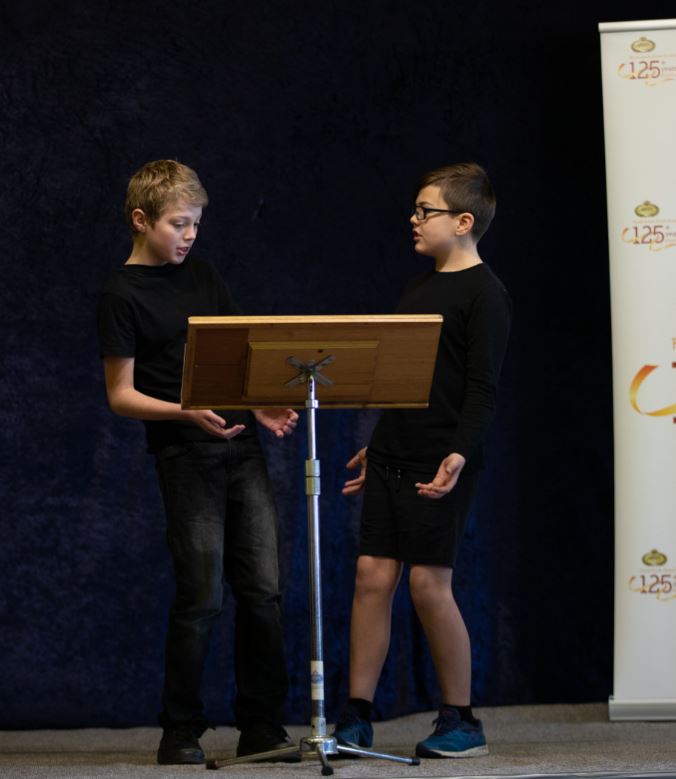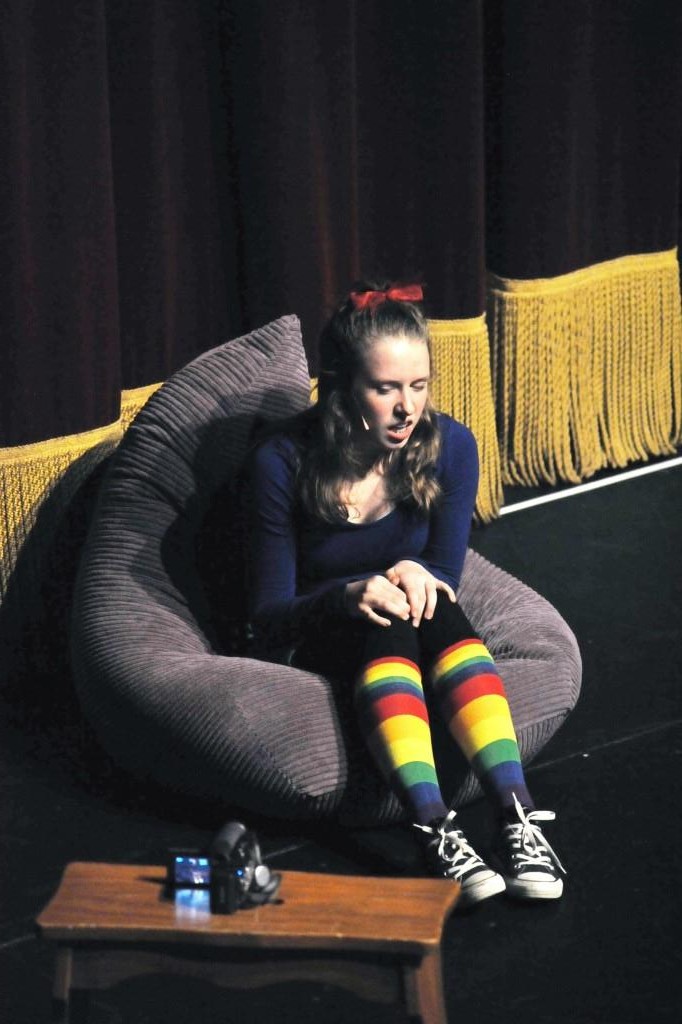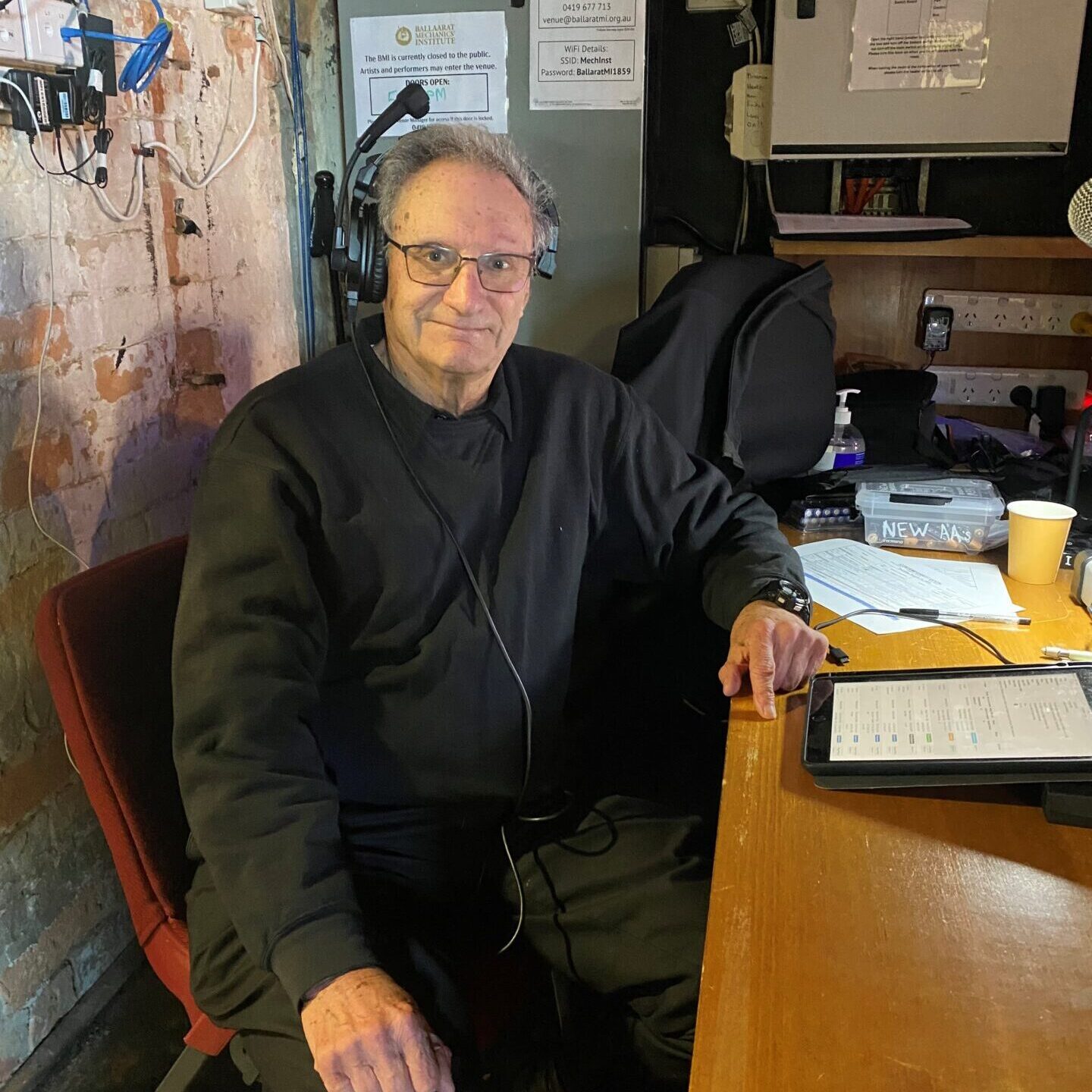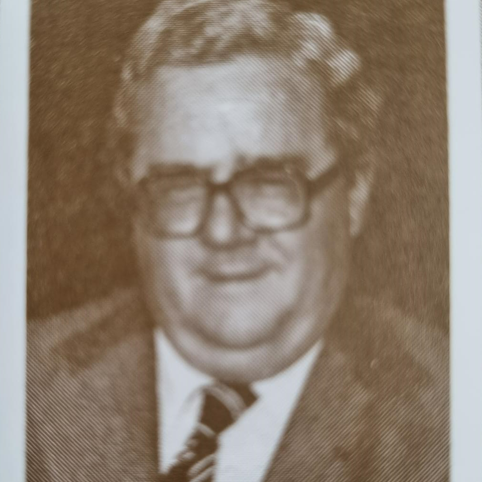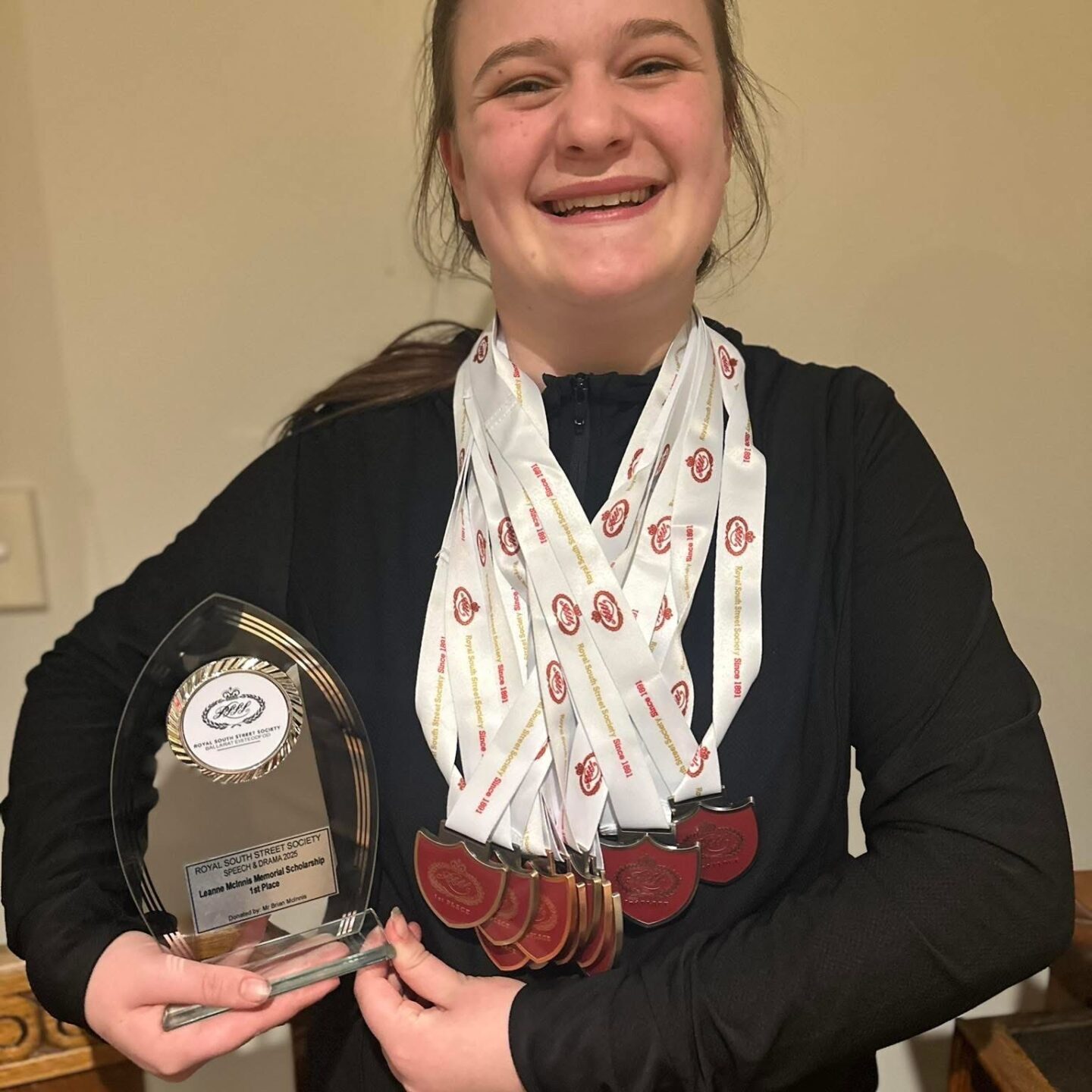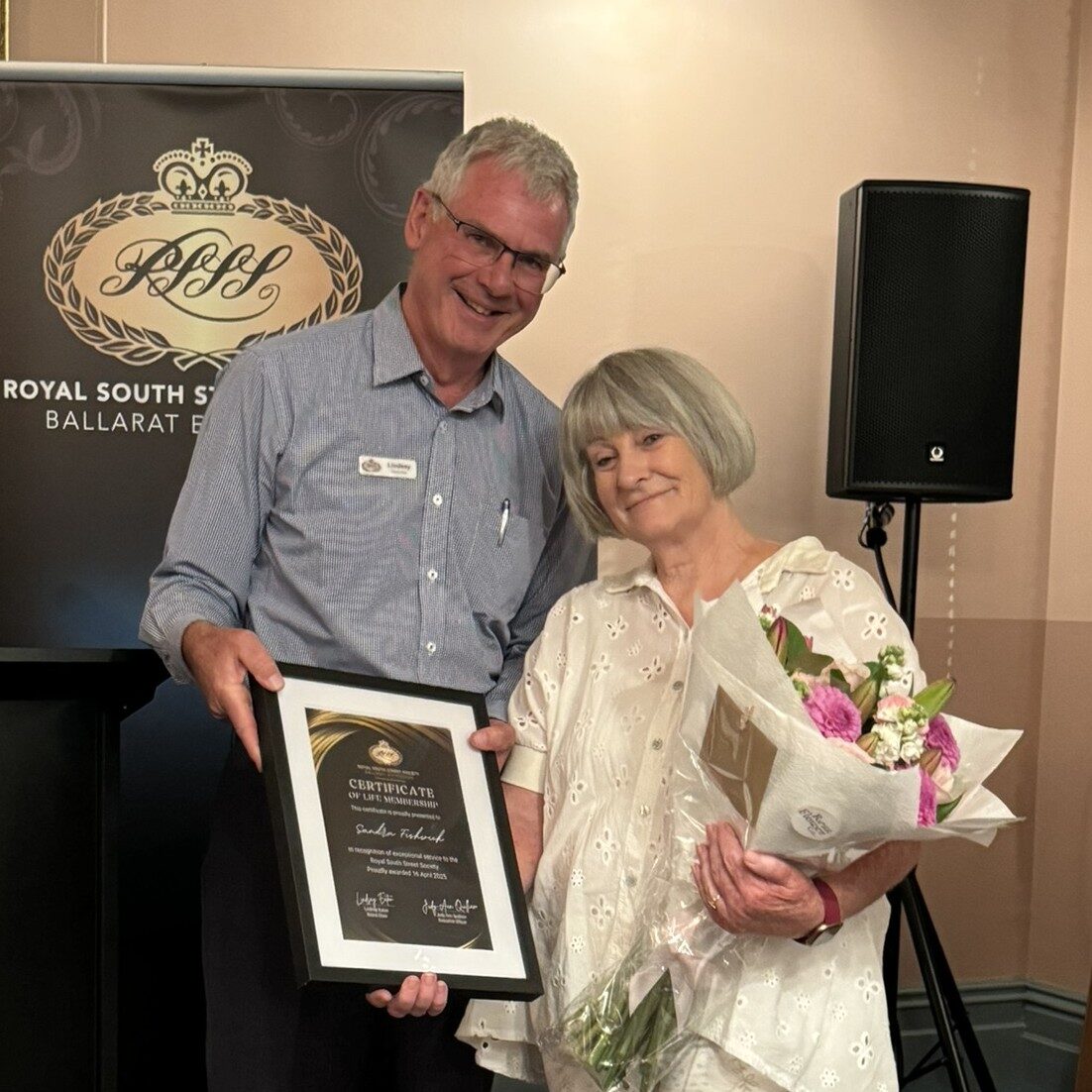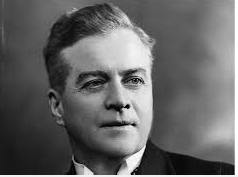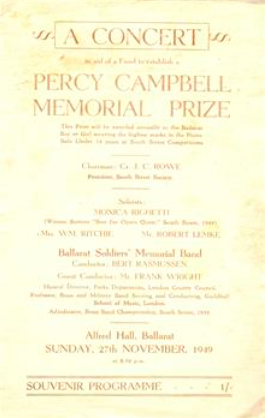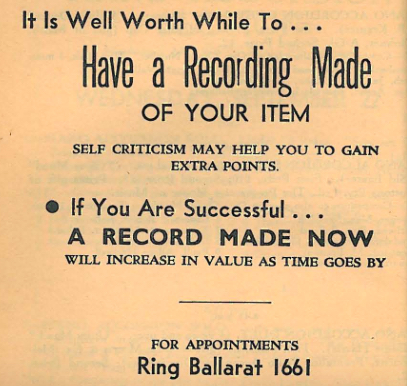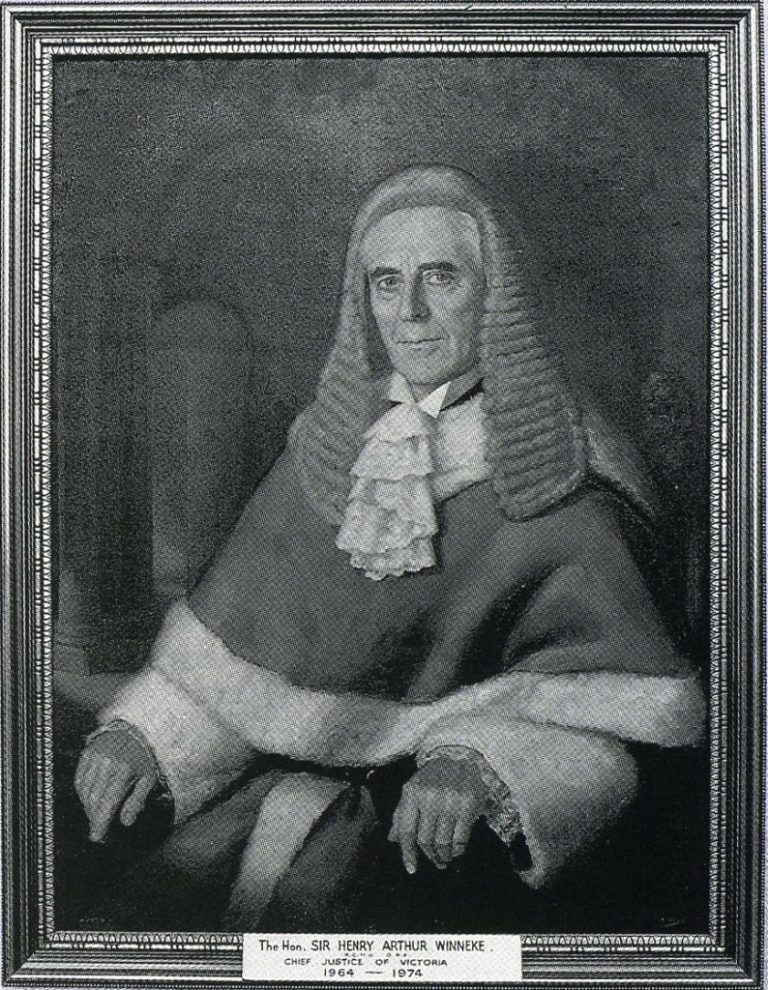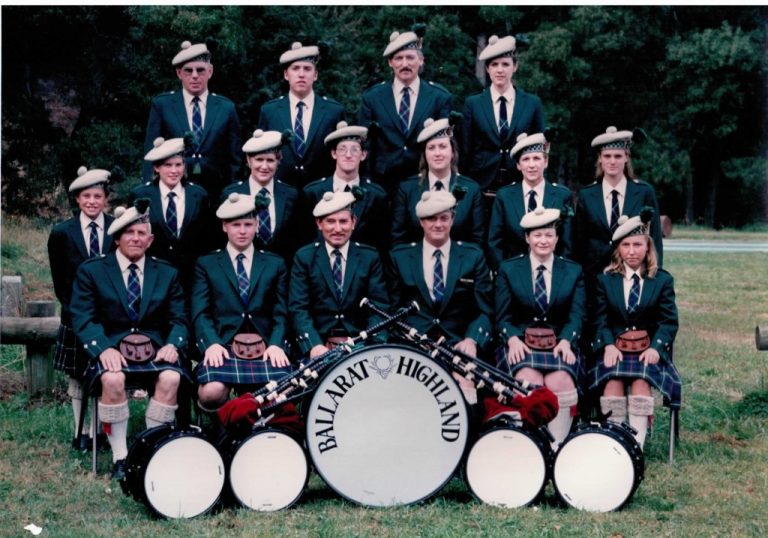Enter
To Enter Entries Open March 01 to 09 May
2026 Competition dates: Monday 24 August to Friday 28 August
Venue: Connors Hall ACU - Mair St Ballarat
Our Adjudicator for 2026 is Mary-Rose McLaren
We have partnered with MyStage eisteddfod management system for entries and event management.
A MyStage account is required to enter.
A copy of all readings and performances in relevant sections must be handed in at registration.
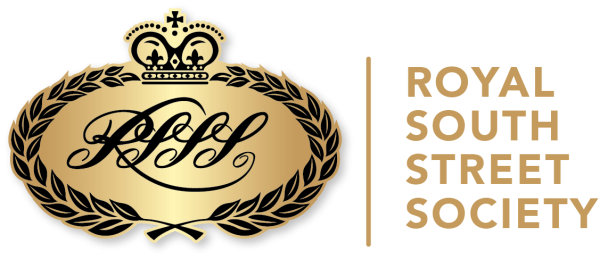

10% Discount
10% Discount on entry fees for 5 or more items (per competitor)
2026 Adjudicator - Mary-Rose McLaren
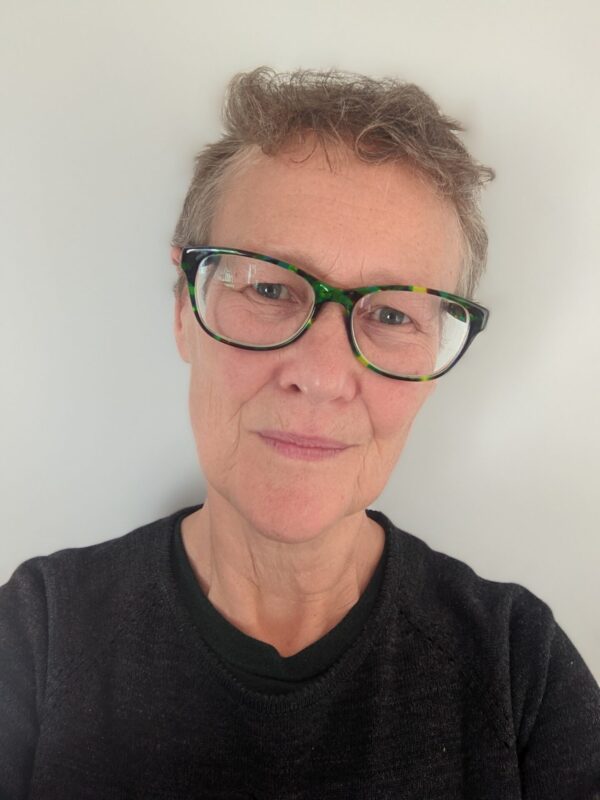
ACU Speech and Drama Competition
Speech is to express thoughts and feelings by articulate sounds. Drama is a composition in prose or verse presenting in dialogue or pantomime a story involving conflict or contrast of character.
The ACU Speech and Drama Competition is renowned for providing competitors with a challenging but relaxed environment in front of outstanding adjudicators. The friendly and competitive eisteddfod environment offers a unique chance for personal growth and improvement for all competitors.
Competitors may enter prepared readings of poetry, recitation, impromptu mime, character performance, prepared readings, poem for two, group sections and improvisation sections.
Our eisteddfod platform is an important part of the encouraging and transformative journey for performers where they can receive constructive feedback, learn and refine their skills, boost their confidence, and unlock their full potential.
Join us on your path to self-discovery and artistic excellence.
Stories
Learn more about the Speech and Drama discipline from our collection of stories, historical records and media....
Joy MacGilp
Enjoy this video of the wonderful Joy MacGilp competing for her second time at Royal South Street Society at 93 years young!
Joy competed at Royal South Street Society in 1935 in Elocution at 8 years of age and again in 2020.


